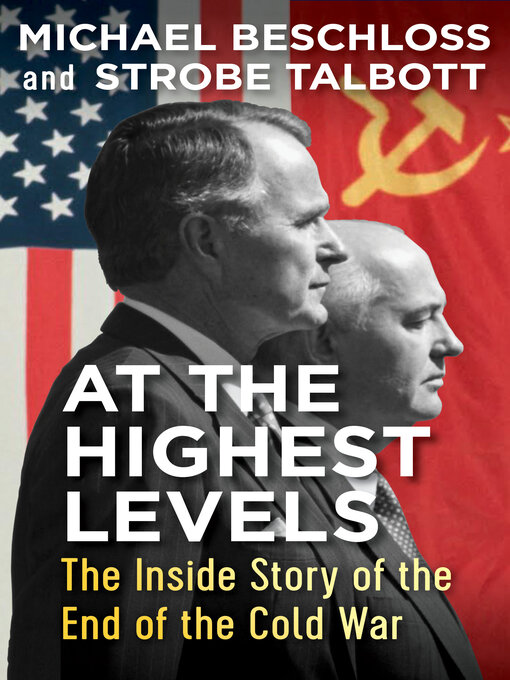- Just added
- Up Close and Personal: Biographies and Autobiographies
- #trending
- Available now without the wait!
- Must Read Mysteries
- If Books Could Kill...Find Your Next Thriller!
- See all ebooks collections
- Up Close and Personal: Biographies and Autobiographies
- #trending
- Great Narrators
- Audiobooks for the Whole Family
- Audiobooks for your commute
- Must Read Mysteries
- Available now without the wait!
- Just added
- In Their Own Words
- Don't Hide Your Love Away: Romance Reads on Audio
- Short and Sweet: Audiobooks under 3 Hours
- The Case of the Checked Out Mystery
- Action Packed Adventures on Audio
- See all audiobooks collections
- Most Popular
- Cooking & Food
- Home & Garden
- Fashion
- News & Politics
- Celebrity
- Sports
- Business & Finance
- Health & Fitness
- Science
- All Magazines
- Cars & Motorcycles
- Family & Parenting
- See all magazines collections

